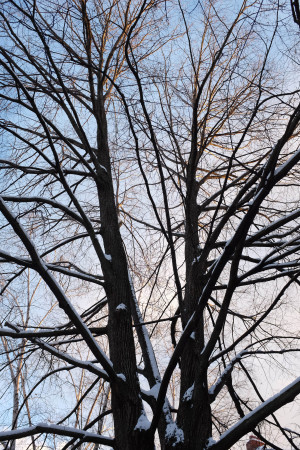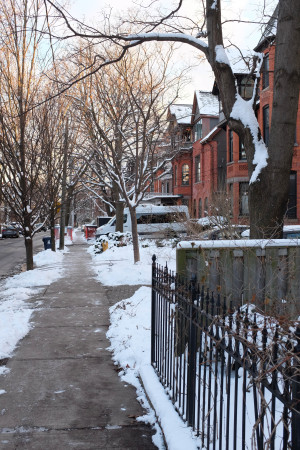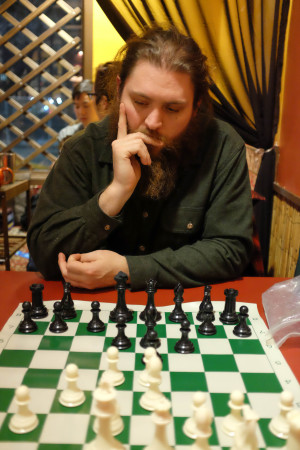We are in the late stages of compiling the Community Response to the divestment committee report at U of T. There is still a lot to do, we’ve committed to having it done on Thursday at 4:30pm, and I have many other tasks and meetings in the interim.
Tomorrow, I am teaching tutorials on income inequality and redistribution in Canada. Wednesday, I have a course on research ethics in the social sciences and humanities. After the response is done, I am teaching a photo lesson and taking part in a panel on divestment on Friday. Saturday is Toronto350.org’s ambitious ‘visioning session’.
Once the Community Response is done, though, my overriding priority must be my PhD proposal.






